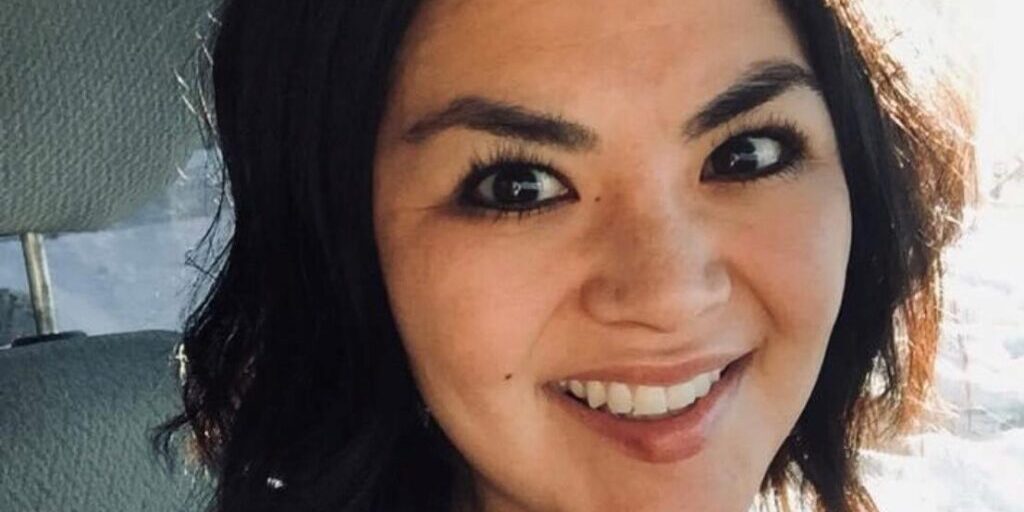The National Oceanic and Atmospheric Association hired its first tribal research coordinator for the Alaska Fisheries Science Center.
Mabel Baldwin-Schaeffer began work as the tribal research coordinator in May. In a Strait Science Presentation by UAF and Alaska Sea Grant, she explained her role will involve working closely with tribes and communities in Alaska to facilitate communication and build partnerships between residents and researchers.
“In my role as tribal research coordinator my objectives are to one: provide vision, innovation, and strategic thinking to strengthen communications to help build research partnerships with Alaska indigenous communities, two: to lead and support development and implementation of strategic science initiatives and research projects in partnership with Alaska indigenous communities,” said Baldwin-Schaeffer.
She will also represent the Science Center on regional and national indigenous engagement initiatives and working groups.
Baldwin-Schaeffer’s responsibilities within the role include providing technical support to scientists as they develop research plans and priorities, giving presentations on research, and helping Alaskan tribes have their interests, research goals, and traditional knowledge communicated to researchers and project leaders.
“My responsibilities include: [working] directly with Alaskan tribes with any issues and events that may affect them such as research activities, grant opportunities, etc. … and then support the Alaska fisheries Science Center efforts to better incorporate traditional knowledge and local knowledge into ecosystem related projects. This is important because rural and indigenous were bent toward rich ecological knowledge,” said Baldwin-Schaeffer.
Baldwin-Schaeffer grew up in Kiana, a small community in the Northwest Arctic Borough. Growing up in rural Alaska has driven her career in environmental science and ultimately her current role with Alaska Fisheries, she said.
“It’s personally and culturally important to me to improve local participation and to engage Alaskan communities in research development … I’m motivated to find solutions to ensure the sustainability of the elements essential to subsistence cultures,” said Baldwin-Schaeffer.
While Baldwin-Schaeffer is currently working remotely due to the pandemic, she hopes to begin traveling to rural communities soon.
“What I do, or what I envision being able to do, is getting out into the communities. And that’s kind of like going back home for me. Just being out in the rural areas of Alaska,” said Baldwin-Schaeffer.
With increasing changes to the climate and environment that Alaska Natives rely on for their livelihoods, a role like Baldwin-Schaeffer’s is more important than ever.
“What we envision is improving our capacity to detect and respond to future Arctic ecosystem change. Foundational, to this, is however, communications with communities,” said Baldwin-Schaeffer.
Locals and tribal leaders interested in contacting Baldwin-Schaeffer can call her at 907-354-6838, or email her at mabel.baldwin-schaeffer@noaa.gov.
Image at top: Mabel Baldwin-Schaeffer. Photo from NOAA Alaska Fisheries Science Center.




